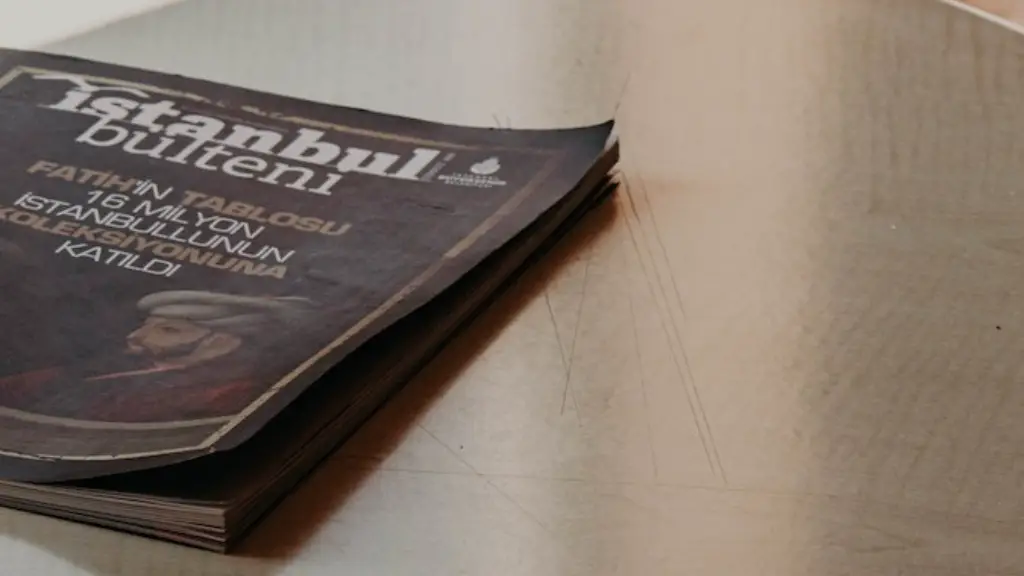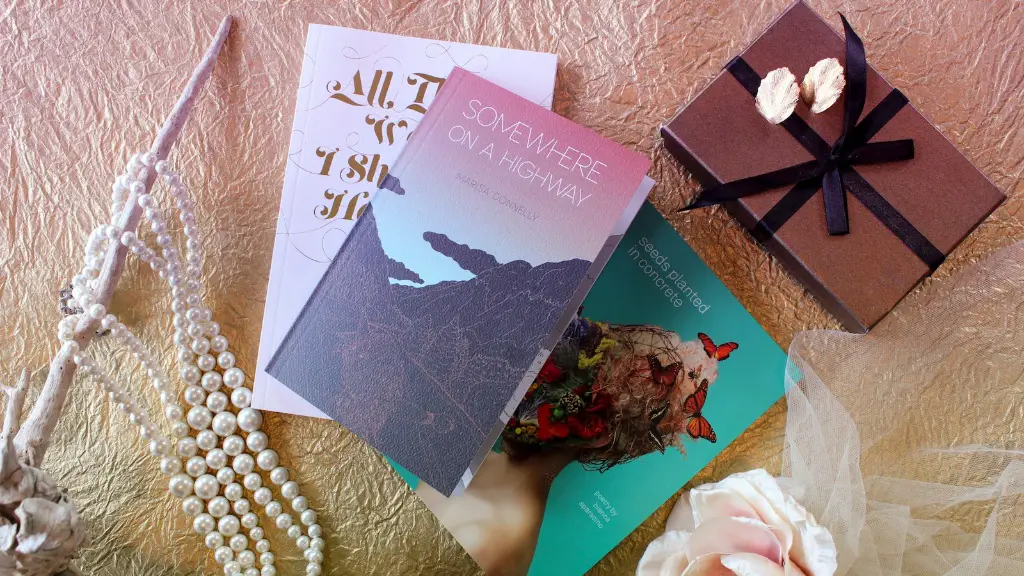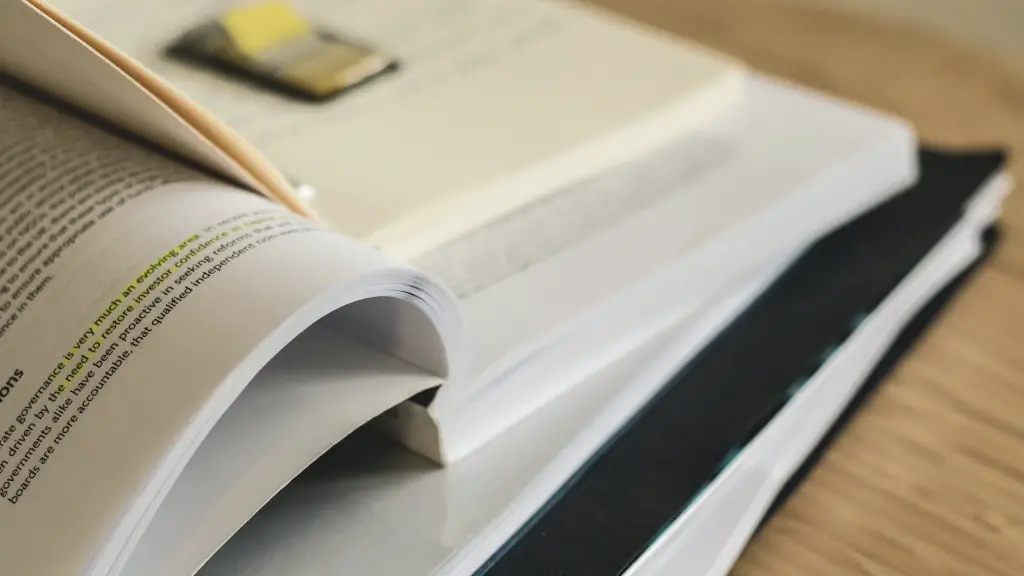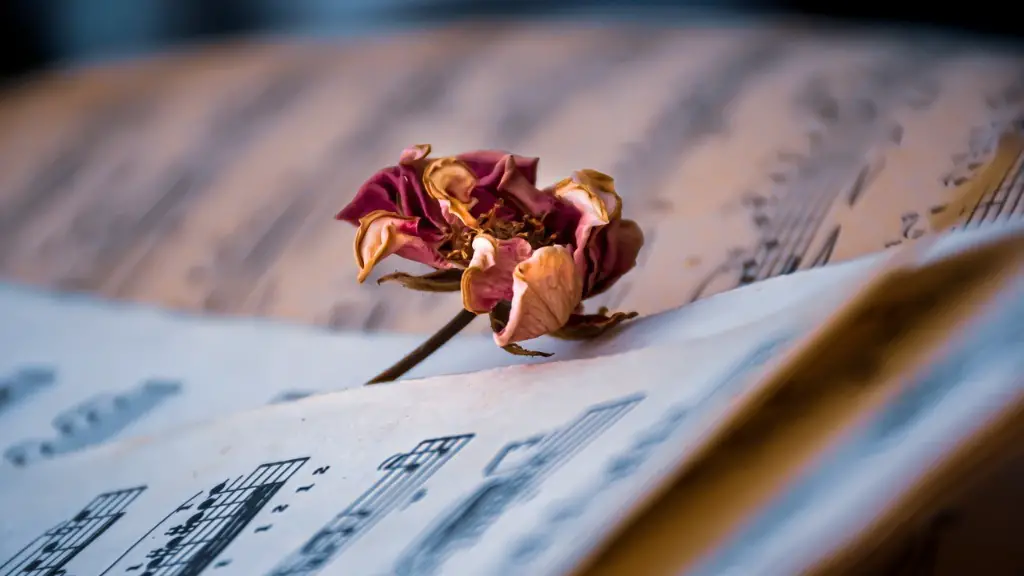What Is Spill Poetry?
Spill poetry, also known as ‘the newfound poetic language’, is a style of poetry becoming increasingly popular and is often used to express thoughts and feelings that cannot be expressed in traditional forms of poetry. It is a recent development in the poetic world and is an extension of abstract and formal poetry styles, brought into being by avant-garde poets seeking new and innovative methods to convey their ideas.
According to poet and philosophy professor, Nikita Gill, spill poetry is a “new kind of visible language that is both exhilarating and revolutionary”. To the spill poet, it is a way to express things in ways never seen before, where words don’t necessarily need to follow a strict structure, nor contain true rhyme. What everything comes down to is the individual, letting the words spill out of their minds and onto the page.
The style of spill poetry is also characterised by the combining of multiple poetic techniques in one poem. It is not simply writing whatever comes to mind. It is a challenge for the poet to use techniques such as allegory, metaphor, simile, alliteration, onomatopoeia, and the list goes on, sometimes all in one poem. A spill poem can range from being intricately constructed to somewhat chaotic, captivating the reader’s attention through its differences from traditional poetry.
The style of spill poetry is also heavily influenced by the need for personal expression that many people have today. Increasing numbers of people are beginning to create their own poetry without fear of judgement, yet with a sense of artistic freedom. This freedom is often used to express both sincere and dark concepts, reflecting the anxieties and struggles that can’t be brought up with traditional language and modes of expression.
The beauty of spill poetry lies in its versatility and unconventionality. It is more than an outlet for the struggling author, it is an experimentation with words and sound, stories and secrets. Such poetic elements that together form something that speaks to the author and entices the reader, keeping ideas fresh, precise and astonishingly beautiful.
Contemporary Spill Poets
Nowadays there are hundreds of spill poets exploring and inventing their own brand of poetic language. Some popular contemporary spill poets include Rupi Kaur, a Canadian poet and author of two New York Times bestselling books of poetry ‘Milk and Honey’ and ‘The Sun and her Flowers’. Another influential spill poet is Victoria Akintola-Sinclair, a Berlin based Nigerian poet who performs her poetry all across Europe.
In addition to being pioneers of this new poetic language, these writers are also inspirational figures for others aspiring to start writing in this genre, allowing for a continuous creative cycle of fresh ideas and innovative expressions.
Reading Spill Poetry
When reading a spill poem, it is important to remember that the experience of enjoying a spill poem differs greatly from that of a traditional poem. It presents the reader with the opportunity to explore poetry in a new way, to think about the poem differently and even to interpret the poem in their own individual way.
Many spill poets make use of visual elements in their work, such as the use of different fonts, symbols, and pictures. Therefore, for the fullest experience of this new style, it is best to read it in the original form, i.e., in its physical form as opposed to only reading it online. By doing this, readers will be able to appreciate the full visual impact of the poem.
Getting Started With Spill Poetry
To try writing a spill poem, it is important to start by practising with traditional writing forms and styles of poetry. Spill poetry takes the basics of traditional forms and builds onto that with innovative poetic techniques, so having a good understanding of the basics is essential. Once the form of poetry is understood and readers feel comfortable with writing in traditional forms, experimenting with new ideas can come later.
While many spill poets use this form to express their deepest thoughts and feelings through abstract or symbolic words and concepts, there are no rules that say that it needs to be serious or somber in nature. Writing any kind of poem, even one about simpler topics such as nature or feelings of joy, for example, can be used to create an interesting poem that is original and unique.
Advantages Of Writing Spill Poetry
Spill poetry can help authors to get out of a ‘poetry rut’ if they are struggling with writing in one particular style. By trying this fresh form of poetic expression, authors can create something that is fully their own, free of constraints and preconceptions, something that is more authentic and original. It can also be a great way to express emotions and concepts that otherwise could not be written down in more direct and traditional ways.
Spill poetry, like any other type of poetry, is often a powerful source of emotional comfort and catharsis, allowing authors to take control and grapple with complex emotions and deep-rooted issues in a unique and creative way. It offers a safe space for deeper self-reflection, presenting a brilliant opportunity for personal growth.
Conclusion
In conclusion, spill poetry has revolutionised the poetic world, providing an outlet for emotions, personal growth and experimentation. Behind the name of ‘spill poetry’, lies an avenue to express ideas, thoughts and feelings to the heart’s content in a manner that can only be described as defiantly daring and delicately exquisite. Spill poets allow their words to ‘spill out’, engaging in conversations of the new poetic language.



